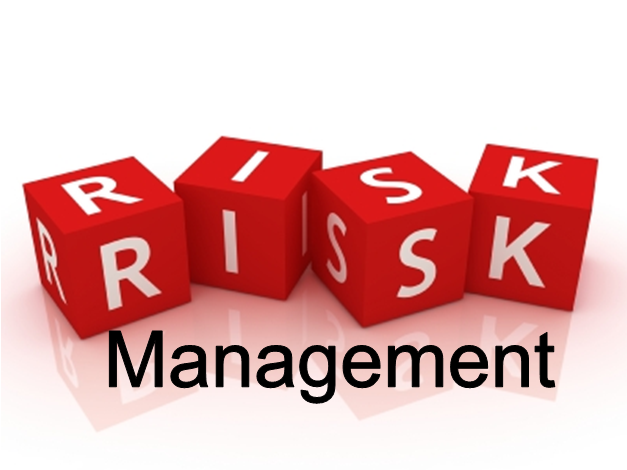
A LOT of management concentration is observed at the time of procurement, all stakeholders will be interested in understanding the value and benefits of the procurement.
PURCHASING & SUPPLY: NYASHA CHIZU
It extends to issues relating to contract management, where there are numerous control measure to ensure that the supplier performs their obligations in the contract.
A large number of organisations develop and review their procurement strategies, but very few have a disposal strategy of their assets. It is mostly a hit-or-miss and shooting in the dark game.
Disposal strategy needs to be part of the procurement strategy for effective procurement decision-making process.
This is so because there are instances where a purchase price may look favourable and the consideration of disposal process and costs may turn the tables.
The issues are very critical since apart from their financial implications, they attract a lot of civil society attention when disposal affects the environment.
The best way to manage disposal is to include it in specifications.
- Chamisa under fire over US$120K donation
- Mavhunga puts DeMbare into Chibuku quarterfinals
- Pension funds bet on Cabora Bassa oilfields
- Councils defy govt fire tender directive
Keep Reading
This implies that the supplier’s focus is not limited to the supply side only, they will factor in the costs of reverse logistics.
Some equipment may pose environmental risks. Disposal of batteries, cellphones and computers top the list.
Fluorescent and compact fluorescent lamps are considered very economic and efficient, but they contain toxic mercury and their disposal should be managed effectively to reduce the effect of mercury in our water bodies.
The disposal of equipment then brings another hazard associated with health. The most preferred method of disposal has been by way of public auctions.
The idea is to maximise the salvage value and it is anticipated that it can be achieved from participants bidding for higher prices to acquire the item on sale.
In most cases, the reality has been that it does not achieve best returns.
Many public auctions are marred with claims of unethical and unfair practices.
Some auctions of public sector goods in Zimbabwe had to be abandoned on claims of unethical practices.
Collusive bidding has been cited as the major contributor. There have also been reports of the auctioneers planting proxies to bid for themselves, at the expense of a fair process that maximises returns for the company disposing the assets.
The solution to such risks in some instances is the inclusion of a disposal clause in the original contract.
There are options of trade-in and buy-back that make reduces the stress of deciding what do with equipment that has completed its life.
In cases where such options cannot be applied, auctions may be the only option.
A successful auction is one that is conducted by a reputable company. The process of establishing the reputation of an auctioneer is also risky, trade references maybe doctored to mislead the organisation.
Another solution to achieving best value in an auction is to establish a reserve price. The challenge is on the determination of reserve price.
Others use the book value that may, in some cases, be less than market value. Skills are, therefore, essential in establishing an appropriate reserve price.
Some organisations prefer tendering as a means of disposal.
Tendering has its advantages in that it reduces claims of bias and favouritism to organisations and individuals. There are risks associated with tendering as a means of disposal, the results may lead to a reduction in the value for money.
It is, therefore, necessary that staff managing the tendering for disposal purposes are adequately trained to be effective.
Reserve prices may also work to ensure that the organisation does not dispose equipment below market value.
Nyasha Chizu is a fellow of the Chartered Institute of Procurement and Supply writing in his personal capacity. Feedback: [email protected] Skype: nyasha.chizu











